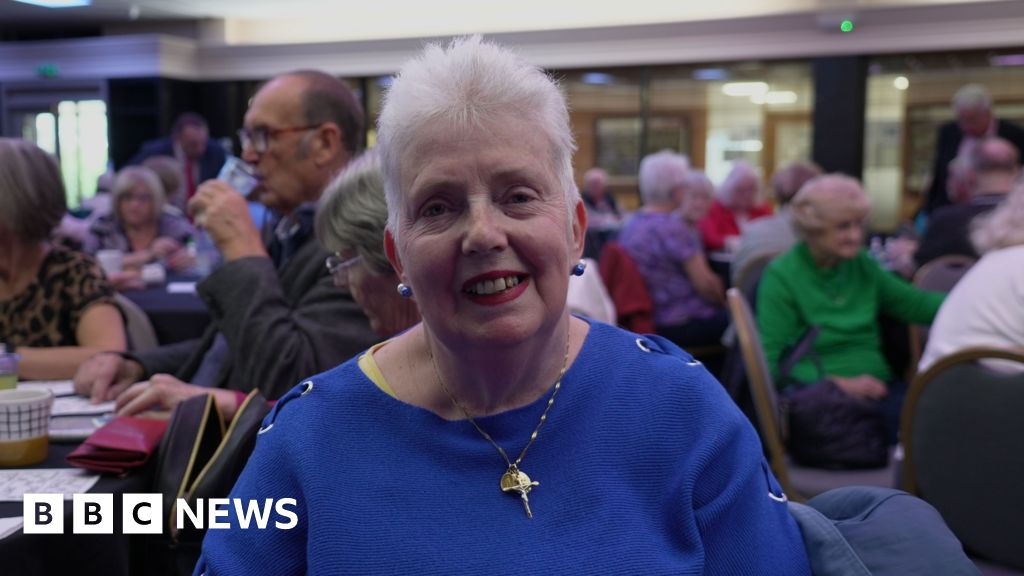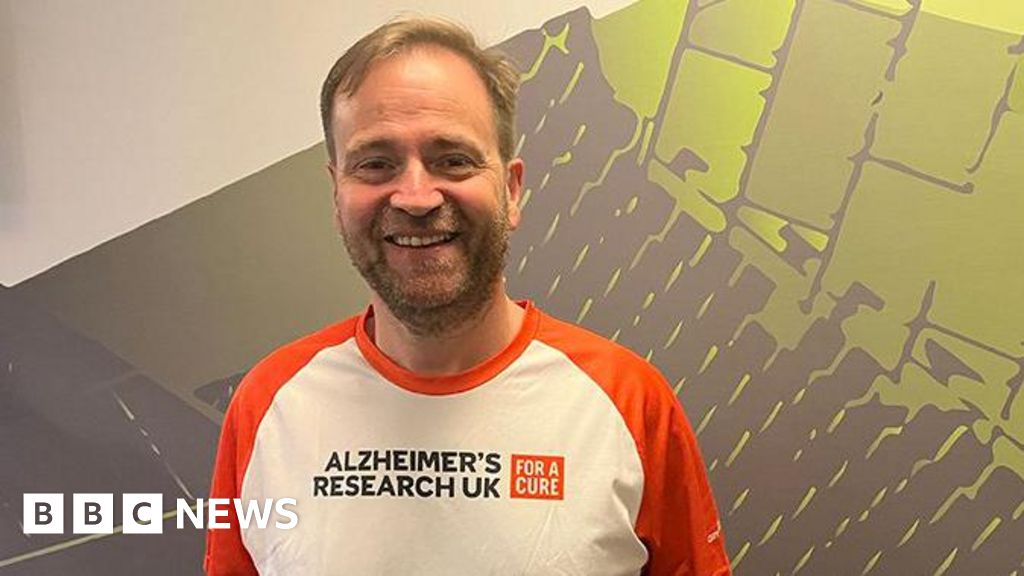ARTICLE AD BOX
Image source, TASS/Getty Images
Image caption,Russia says some of its military drills are coming to an end
The US and UK leaders have said not all hope is lost for a diplomatic solution to the Ukraine crisis, but warn that the situation remains fragile.
In a 40-minute call, Joe Biden and Boris Johnson agreed a deal was still possible despite a chorus of warnings of imminent Russian military action.
Russia has always denied plans to invade Ukraine, despite massing more than 100,000 troops on the border.
On Monday its foreign minister said diplomacy was "far from exhausted".
More than a dozen nations have urged their citizens to leave Ukraine, and the US has said aerial bombardments could begin "at any time".
But in their conversation US President Joe Biden and UK PM Boris Johnson said there remained a "crucial window" for diplomacy, according to a Downing Street statement.
"The Prime Minister and President Biden updated one another on their recent discussions with fellow world leaders," it said.
"They agreed there remained a crucial window for diplomacy and for Russia to step back from its threats towards Ukraine.
"The leaders emphasised that any further incursion into Ukraine would result in a protracted crisis for Russia, with far-reaching damage for both Russia and the world," the statement added.
Mr Johnson is expected to hold a Cobra meeting on Tuesday to discuss the UK's response to the pressures.
- Ukraine's President Zelensky gave a defiant speech to the nation, declaring 16 February - the date cited by US officials as the day on which Russia could attack - a "day of unity"
- The Pentagon said Russia was increasing military deployments near the Ukraine border and that President Putin had many options available if he wanted to use military force
- The US embassy in Kyiv is being completely evacuated and relocated to the western city of Lviv
- The Russian defence minister told Mr Putin that some of the country's military drills near Ukraine's border had already ended and others were coming to a close
- And asked whether there was a chance for agreement with the West, Russia's Foreign Minister Sergei Lavrov said the "possibilities are far from being exhausted, they certainly should not continue indefinitely, but I would suggest continuing and ramping them up".
Mr Lavrov's comments, made in a meeting with President Vladimir Putin, are being seen as a clear concession that talks could ease the tensions. But analysts say that without either side moving over the thorny issue of Ukraine potentially joining Nato, there is still deadlock.
The Kremlin says it cannot accept that Ukraine - a former Soviet republic with deep social and cultural ties with Russia - could one day join Nato, and has demanded that this be ruled out. Nato's members have rejected this request.
Earlier on Monday Germany's Chancellor Olaf Scholz landed in Kyiv for crisis talks - the latest Western leader to visit the region to show unity with Ukraine.
Mr Scholz said there was "no reasonable justification" for the Russian military build-up on Ukraine's borders and that Western countries would impose "very far-reaching and effective sanctions" against Russia if it invaded.
Also on Monday the US said it had sent eight more F-15 fighter jets to Poland to take part in Nato air patrols. The US earlier said an extra 3,000 soldiers would be sent to Poland in the next few days to boost Nato military strength in the region.
Are you in Ukraine? Share your experiences. Email haveyoursay@bbc.co.uk.
Please include a contact number if you are willing to speak to a BBC journalist. You can also get in touch in the following ways:
If you are reading this page and can't see the form you will need to visit the mobile version of the BBC website to submit your question or comment or you can email us at HaveYourSay@bbc.co.uk. Please include your name, age and location with any submission.

 3 years ago
58
3 years ago
58








 English (US) ·
English (US) ·